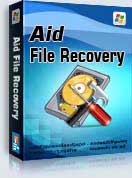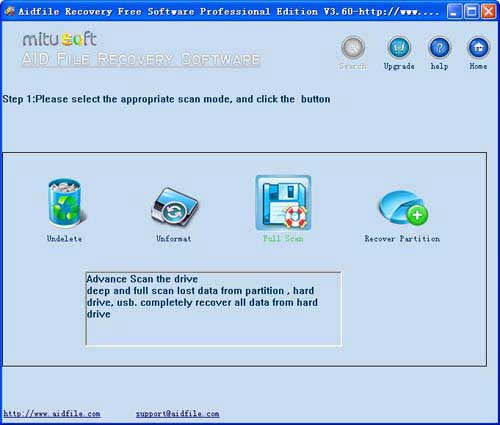Recovering data from accidentally formatted Bitlocker encrypted drive when chkdsk fails repair tool fix to do data recovery, best format recovery software help you recover MS word,excel, pictures, music, video files from Recovering data from accidentally formatted Bitlocker encrypted drive when chkdsk fails
Use "unformat" to recover formatted drive for " Recovering data from accidentally formatted Bitlocker encrypted drive when chkdsk fails" after quick format,full format,accidentally formatted,reformatting,High-level formatting,Low-level formatting.
Use "recover partition" to recover files - Recovering data from accidentally formatted Bitlocker encrypted drive when chkdsk fails laptop partition,lost partition,changed ,damaged partition.And if the size or position of partition is changed by format,It can not recover with "unformat"so you can use "recover partition"mode.
Use "undelete" to recover deleted files - Recovering data from accidentally formatted Bitlocker encrypted drive when chkdsk fails after Virus attack,Recycle bin clear,disk cleanup,Press shift del by mistake,permanently empty recycle bin,shift delete ,accidentally deleted by a mistake.
Use "Full Scan" to recover data - Recovering data from accidentally formatted Bitlocker encrypted drive when chkdsk fails which can not be found with "undelete" and "unformat" and "recover partition",after showing an error,display as raw file system,unformatted,unknown partition,unpartitioned,needs to be formatted,or the file system is not exfat,not fat32,not ntfs.
"Recovering data from accidentally formatted Bitlocker encrypted drive when chkdsk fails ", I had some data on a 1tb bitlocker encrypted NTFS format drive, which was 100% encrypted at the time of the accident. I accidentally formatted the drive by selecting the wrong drive while using software to create a bootable USB stick out of an ISO. The software (PowerISO) attempted to write over the bitlocker encrypted drive with a Fat32 partition, but displayed an error message. Afterwards, Windows was able to read a scrambled version of my drive. Everything was a list of symbols, and the drive was almost full (as it is while it encrypts in the first place). I managed to run windows 8's repair-bde application on the drive, and the process slowly decrypted my data onto another drive. After 100%, it told me to run Chkdsk /f. I did so, and was told "The type of the file system is NTFS. Unable to determine volume version and state. CHKDSK aborted." Currently, in Window's Disk Management utility the drive reads as RAW. Its status is Healthy. In Window's shell, the drive displays no side or information - but a letter appears for it. When I click that, it says "Location is not available. G:\ is not accessible. The disk structure is corrupted and unreadable." It then asks me if I want to format the drive. Where to from hear? Any help is appreciated. It's not the end of the world if this data is lost, as luckily I backed up a lot of what was on this drive, but some material is currently lost and I'd like to get it back. TL;DR version: - I accidentally formatted my bitlocker encrypted drive (100% encrypted) via PowerISO - I ran Repair BDE successfully, but it asked me to run Chkdsk /f which didn't work. - Windows Disk management reads the drive as RAW. Chkdsk says its NTFS. Shell says its corrupt. - Is my data lost?
Aidfile Recovery Software Keyfeature
support FAT32 EXFAT NTFS and RAW file system
support Win32 (32 bits) and Win64 (64 bits)
Support Windows XP, Windows 8, Windows 8.1,Windows Vista, Windows 2003, 2008, 2012,Windows 10,Windows 7 .
Desktop & laptops Ultrabook:HP Pavilion,HP Compa,Alienware Alpha,Lenovo ThinkCentre,Lenovo IdeaCentre,Dell Inspiron,Dell XPS,Sony VAIO,Acer Aspire,Asus Transformer,Dell Latitude,Samsung Ativ Book,Asus VivoBook,HP Envy,Lenovo IBM ThinkPad,Lenovo IdeaPad Yoga,Microsoft Surface,Toshiba Satellite
MS Office document (Word, Excel, PowerPoint, Outlook) types (doc, docx, ppt, pptx, xls, xlsx, pst, etc.),photos (JPG, PNG, ICON, TIF, BMP, RAF, CR2, etc.), videos and audios (MPG, MP4, MP3, MTS, M2TS, 3GP, AVI, MOV, RM, RMVB, etc.), compressed files (rar, zip, etc.), PE files (exe, dll, lib, etc.) and so on.

